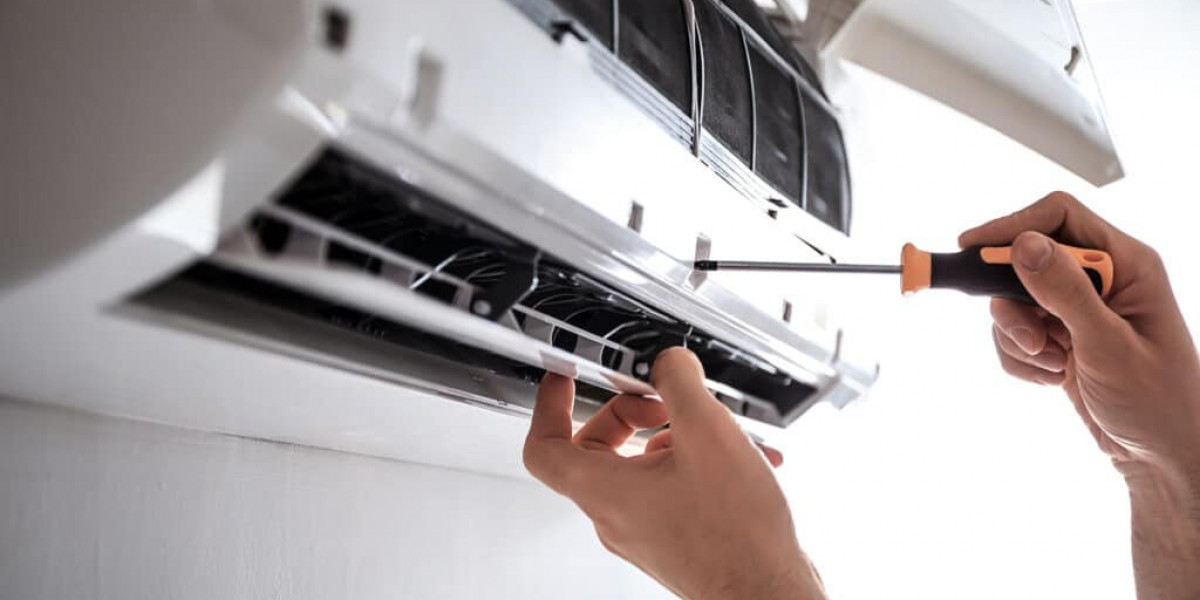In today's world of rising energy costs and growing environmental awareness, more people are looking for ways to cut back on utility bills and reduce their carbon footprint. One of the simplest and most impactful ways to do this is by choosing energy efficient appliances that are designed to use less energy. But what actually makes an appliance “energy efficient”? What goes on behind those sleek exteriors and digital displays that helps you save money and protect the planet? Let’s break it down simply—so you can make smarter choices the next time you’re shopping for your home.
Understanding the Basics of Energy Efficiency
Energy efficiency, at its core, is about doing more with less. An energy efficient appliance is one that uses less electricity (or gas) to perform the same function as a traditional model. Whether it’s a refrigerator, washing machine, dishwasher, or oven, energy efficient models are designed to minimize energy waste while delivering peak performance.
You’ll often see a yellow EnergyGuide label or a blue ENERGY STAR® logo when comparing appliances. These are the first indicators that an appliance meets certain efficiency standards set by the U.S. Environmental Protection Agency or the Department of Energy. While certifications are important, there’s more going on under the hood that makes these appliances perform so effectively.
Why Energy Efficient Appliances Matter
It’s not just about lowering your monthly utility bills—though that’s a major perk. Energy efficient appliances help reduce greenhouse gas emissions and limit demand on power plants. That means a smaller environmental impact for each home, multiplied by millions of households. Plus, many modern appliances now offer advanced features, smart technology, and longer lifespans, making them not only energy savers but also more user-friendly and reliable.
Key Features That Make Appliances Energy Efficient
Let’s take a look at the specific design elements and technologies that set energy efficient appliances apart from their conventional counterparts.
1. Advanced Insulation and Seals
For refrigerators and freezers, insulation plays a critical role. High-efficiency models use advanced insulating materials and superior door seals to maintain temperature more effectively. This reduces the amount of energy needed to keep food cool or frozen, as the appliance doesn’t have to work as hard to compensate for air leaks.
2. Variable Speed Motors
Washing machines, dryers, and dishwashers often feature variable-speed motors that can adjust their power output depending on the load. This is a huge improvement over fixed-speed motors, which run at full power regardless of the workload. These smarter motors contribute to lower energy consumption and quieter operation.
3. Sensor Technology
Modern appliances use sensor technology to monitor performance in real time. For example, dishwashers now use soil sensors to detect how dirty the dishes are and adjust the water temperature and cycle duration accordingly. Similarly, dryers use moisture sensors to prevent over-drying, which not only saves energy but also extends the life of your clothes.
4. Inverter Compressors
Many high-efficiency refrigerators and air conditioners use inverter compressors. Traditional compressors turn on and off frequently, consuming a lot of power during each cycle. Inverter compressors, on the other hand, maintain a steady temperature by running at variable speeds, resulting in lower energy use and improved longevity.
5. Efficient Water Use
Energy efficient dishwashers and washing machines are designed to use less water per cycle. Since heating water is one of the biggest energy costs in a household, appliances that use less hot water can make a noticeable impact on your energy bill.
Appliance-Specific Efficiency Tips
Refrigerators
Look for a top or bottom freezer design rather than side-by-side, which tends to use more energy. Avoid features like through-the-door ice and water dispensers if you're prioritizing efficiency.
Washing Machines
Front-loading washers are generally more efficient than top-loading ones. They use less water and spin faster, which removes more moisture from clothes and shortens drying time.
Dishwashers
Run only full loads, and avoid pre-rinsing dishes. Modern dishwashers are designed to handle food residues without the extra rinse, saving both water and energy.
Air Conditioners
Choose the right size for the room. An oversized unit may cool the air quickly but won’t dehumidify properly, resulting in discomfort and wasted energy.
Smart Technology: A Modern Efficiency Booster
Smart appliances take energy efficiency to the next level. With Wi-Fi connectivity and mobile apps, you can control when and how your appliances operate. Some smart washers and dryers, for example, can detect when energy rates are lowest and adjust cycles to run during off-peak hours.
These features not only enhance convenience but also allow for better energy management, especially in homes with solar panels or time-of-use utility plans.
Upfront Cost vs. Long-Term Savings
Energy efficient appliances often cost more initially, but don’t let the sticker price scare you off. Over time, the reduction in your utility bills can more than offset the higher purchase price. In fact, many homeowners find they recoup the extra cost in just a few years.
Additionally, government rebates and tax incentives can further reduce your upfront investment. Always check local programs before making a big purchase—you might be surprised how much you can save.
The Role of Maintenance
Even the most energy efficient appliance won’t perform optimally if it’s not properly maintained. Simple habits like cleaning filters, checking seals, and following manufacturer guidelines can keep your appliances running efficiently for years. Think of it as preserving your investment while continuing to save money.
Final Thoughts
In a world that’s increasingly conscious of environmental responsibility and energy use, choosing energy efficient appliances is a smart and impactful decision. From advanced technology to thoughtful design, these appliances offer powerful performance with less energy waste. Whether you're building a new home or replacing old models, making the switch can benefit your wallet—and the planet—for years to come. Now that you know what makes an appliance energy efficient, you’re empowered to make choices that align with both your budget and your values. Because saving energy isn’t just a trend—it’s the future.














